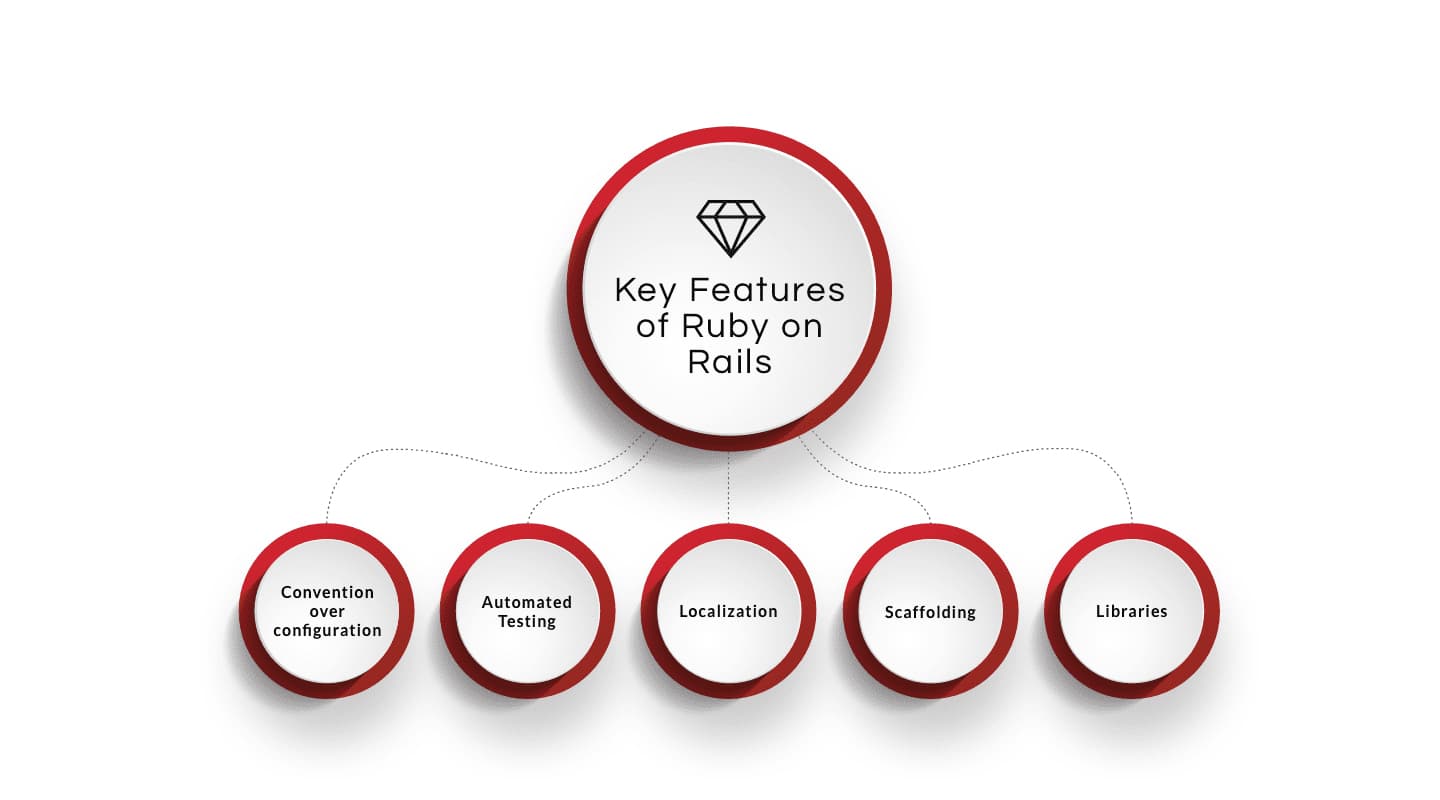Pulse of Information
Your source for the latest insights and updates.
Rails and Thrills: Building Web Apps with Ruby's Magic
Unleash the magic of Ruby! Join us on a thrilling journey to master web app development with Rails. Start building today!
Understanding Ruby on Rails: A Beginner's Guide to Web Application Development
Ruby on Rails, often simply referred to as Rails, is a powerful web application framework written in the Ruby programming language. It follows the Model-View-Controller (MVC) architecture, which promotes efficient coding patterns and separation of concerns. This framework allows developers to build robust, scalable web applications quickly while adhering to best practices. As a beginner, you'll appreciate the convention over configuration philosophy, which simplifies many of the complex decisions usually required during development.
To get started with Ruby on Rails, follow these essential steps:
- Install Ruby and Rails on your system.
- Familiarize yourself with Ruby's syntax, as it is the cornerstone of the framework.
- Create your first Rails application and explore its directory structure.
- Learn about the interactive console, known as Rails console, for in-depth experimentation.
- Finally, dive into building your first CRUD (Create, Read, Update, Delete) application, which is the backbone of many web apps.

Top 10 Tips for Optimizing Your Ruby on Rails Apps for Performance
When it comes to optimizing your Ruby on Rails apps for performance, understanding the underlying architecture is crucial. Start by implementing caching strategies to minimize database queries. Utilize Rails' built-in caching mechanisms, such as fragment caching and low-level caching, to drastically reduce response times. Additionally, consider using a content delivery network (CDN) to serve static assets, which can significantly decrease load times and enhance user experience. By prioritizing efficient caching, you'll ensure that your application scales effectively as traffic increases.
Another essential tip for enhancing performance is to optimize database queries. Use the includes method to reduce N+1 query problems by eager loading associations, which drastically cuts down on the number of database calls. Also, be sure to index your database tables on frequently queried columns, as this can lead to much faster lookup times. Regularly analyze your query logs and leverage tools like Bullet to identify and eliminate any inefficient queries or unoptimized records.
Why Choose Ruby on Rails for Your Next Web Project? The Advantages Explained
When considering a framework for your next web project, Ruby on Rails stands out as a powerful choice. It prioritizes convention over configuration, which means developers can work more efficiently, reducing the time required to set up projects. This feature allows teams to quickly prototype and iterate on ideas, making it an ideal option for startups and fast-paced development environments. Furthermore, the robust ecosystem of gems (libraries) significantly enhances productivity by providing ready-made solutions for common functionalities, thus accelerating the overall development process.
Another significant advantage of Ruby on Rails is its emphasis on security. The framework includes built-in mechanisms to protect against common vulnerabilities such as SQL injection and cross-site scripting (XSS). This focus on security is crucial for any web application, especially those handling sensitive user data. Additionally, the active community surrounding Ruby on Rails ensures that any emerging security threats are quickly addressed, offering developers peace of mind as they build their applications.